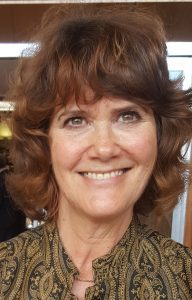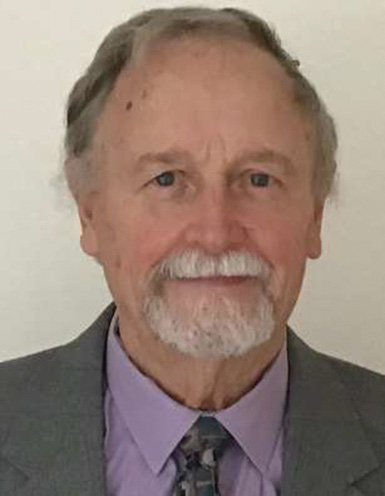Teacher training colleague and close family friend Katy Salisbury remembers Alun Rees
Alun Rees, the inspirational EL teacher and teacher educator, died aged 83 on 12 December 2021, unexpectedly but peacefully at home. An online homage to Alun was held in February, attended by ex-colleagues and students from all over the world, who spoke of the enormous impact his work had on their lives and careers. His subversive and hilariously original training sessions are remembered with great fondness and respect.
Born in Pembrokeshire in 1938, Alun was a proud Welshman, but being brought up ‘south of the landsker’ , he never learnt to speak Welsh. He attended University College Cardiff, graduating in the early 60s with a degree in English and Philosophy, and then headed for Spain, the first of 16 countries he taught in. He worked for three years in Burgos, soon taking over as Head of the Berlitz School. He would often talk of these early days of TEFL and the fact there were only a handful of specialist textbooks and teaching materials available, which meant that teachers were very much thrown back on their own resources.
Alun began developing a huge portfolio of tasks and over the following 20 or so years shared these in the many articles he had published. Trawling through issues of ELTJ from that time, you can see numerous pieces by ALW Rees on an intriguing range of subjects. They still merit re- reading: elegantly written, full of wry insights and original but workable ideas.
After four years at the University of Trujillo in Peru and three at the National University of Laos, in 1977 Alun moved to Senegal, where he was employed as ELT adviser to the Ministry of Education, supporting in-service teachers. He won the prestigious English Speaking Union prize in 1980 for his article ‘The teacher observed, but how?’ This explained a simple but generative idea for giving feedback, using only a strip of tracing paper and a shared handbook. It gave teachers access to a constructive, personalised response in a setting where resources of time and material were in short supply. This approach is emblematic of Alun’s ingenuity and also his painstaking attention to detail: finding practical solutions to apparently intractable problems.
In 1983, he returned to the UK to work on his PhD with the Institute of Education, London. His zany humour and constant self-deprecation belied his deep scholarship: his doctoral thesis is widely respected and still frequently cited.
Alun was always ready to interrogate himself as well as others, and it is notable that
“He transformed good courses into brilliantly memorable ones, delivering serious content with humour, imagination and flair”
having spent much of his career researching and promoting classroom observation, in later years he questioned the value of this and focused more on ways teachers can develop themselves professionally independent of ‘expert guidance’.
During the 70s and 80s Alun was also in much demand to teach on short residential training programmes, particularly in Spain.
He transformed good courses into brilliantly memorable ones, delivering serious content with humour, imagination and flair. He loved organising and compering evening events: shows full of original sketches, songs, puppets, magic tricks and prizes.
On completing his doctorate, he went on to teach at WSIHE in Bognor Regis and then at the University of Exeter, mainly working on Masters’ programmes. Colleagues there speak of how much students looked forward to his sessions and how he was always available for discussion and ready to help them in anyway.
He ended his career at the University of Gloucestershire as a highly successful Head of International Office, which took him frequently to China, where he made many close friends.
Alun enjoyed 20 years of happy retirement in Cheltenham with his wife, Ekuko, practissing organic gardening and applying his Heath-Robinson inventiveness to the non- chemical deterrence of pests, from squirrels to slugs. He maintained a generous correspondence with scores of former colleagues and students, sending long, witty letters remembering in amazing detail their lives and families, and sharing his wisdom about EFL, fishing, horticulture and the world in general.
Alun loved learning and teaching and he had a profound commitment to the EFL profession. He was very knowledgeable about the technical and scientific norms of applied linguistics, but he recognised that in teacher education, without proven pathways, it is most important to help practitioners use analysis and creativity to tap the potential in any situation, bringing out the best in themselves and their students. He’ll long be remembered.

Katy Salisbury
worked as an English language teacher and trainer in 15 countries over 38 years, specialising in language assessment. She now works as a freelance test-item writer.






